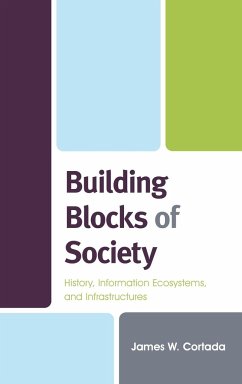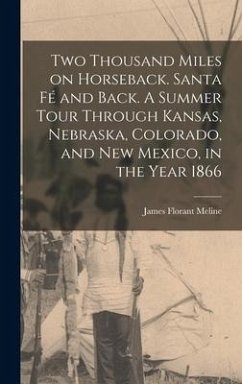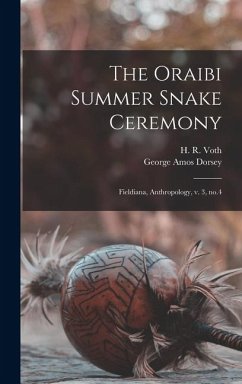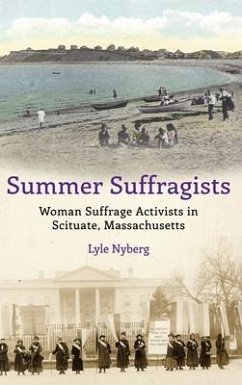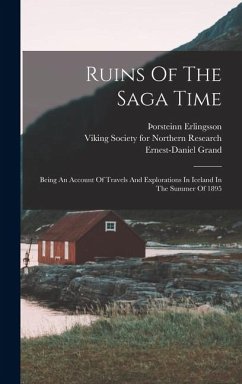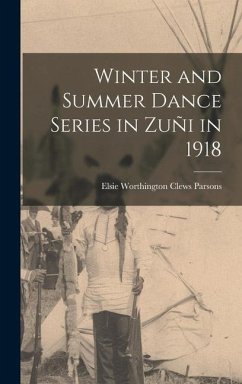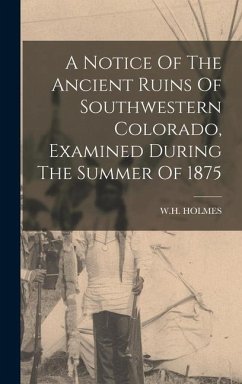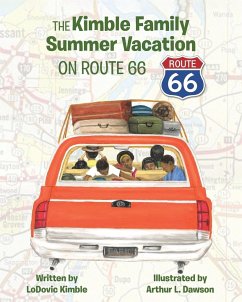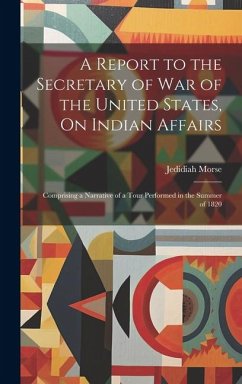
Another Summer in Kintyre
Reflections on a 2014 Diary
Versandkostenfrei!
Versandfertig in 1-2 Wochen
20,99 €
inkl. MwSt.

PAYBACK Punkte
10 °P sammeln!
In 1986, the Gaelic writer, Aonghas MacNeacail, described Angus Martin as 'Kintyre's one-man research institute'. This collection reflects the style and character of its predecessor, 'A Summer in Kintyre', yet is rich in differences. The narrative begins in April 2014 and ends in September, but real time is irrelevant, since the author dips frequently into history and prehistory, evoking people and events associated with the places he visits by bicycle and on foot. Artists, poets, musicians, cave-dwellers, convicts, winkle-pickers, travelling tinsmiths, shipwrecked sailors, saints, school frie...
In 1986, the Gaelic writer, Aonghas MacNeacail, described Angus Martin as 'Kintyre's one-man research institute'. This collection reflects the style and character of its predecessor, 'A Summer in Kintyre', yet is rich in differences. The narrative begins in April 2014 and ends in September, but real time is irrelevant, since the author dips frequently into history and prehistory, evoking people and events associated with the places he visits by bicycle and on foot. Artists, poets, musicians, cave-dwellers, convicts, winkle-pickers, travelling tinsmiths, shipwrecked sailors, saints, school friends, fishermen, shepherds, farmers and fellow-ramblers share the pages with flowers, butterflies, birds, otters, whales, adders, and much else. The author's close engagement with places, people and nature is ever-present, and, using the journals he has kept since his teens, he is able to recreate his early adventures in the outdoors. Besides his familiar haunts in South Kintyre (Learside, Ben Gullion, Inneans, and Largiebaan) he visits Barr Glen, Ballochroy Glen and Lussa, and explores their history.





